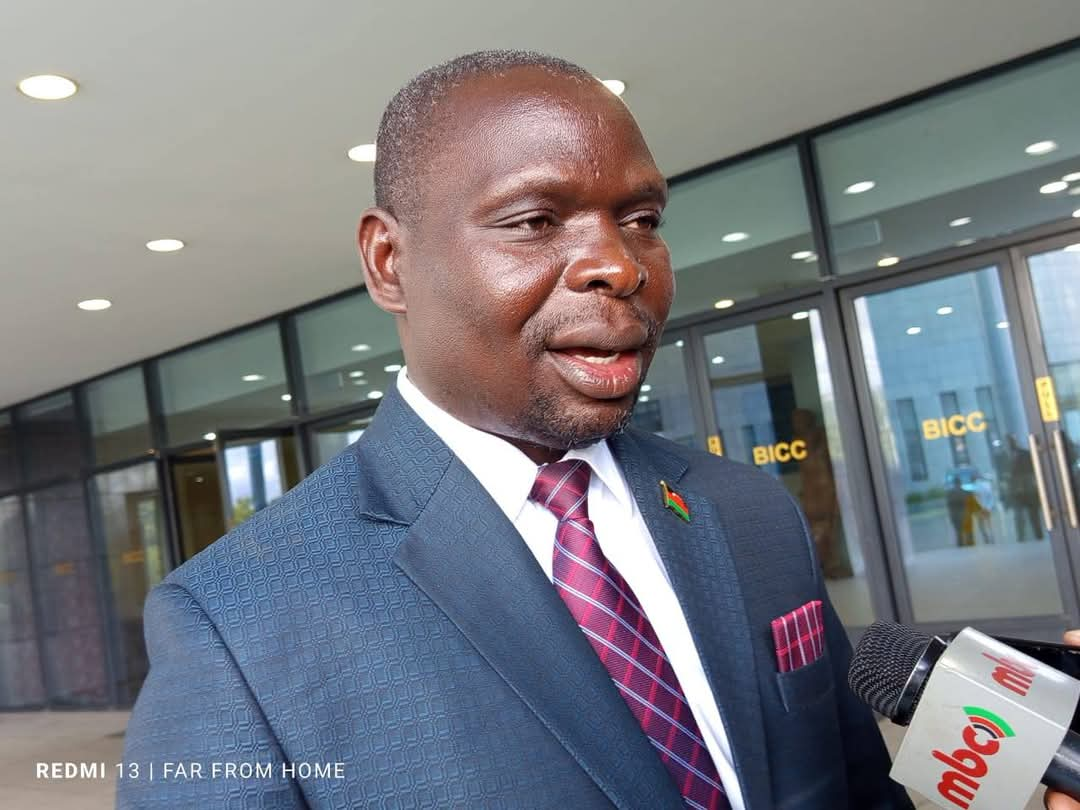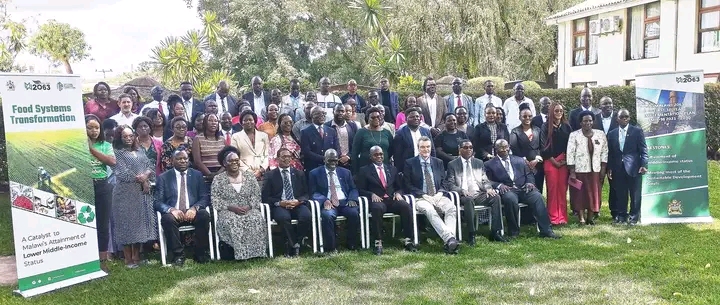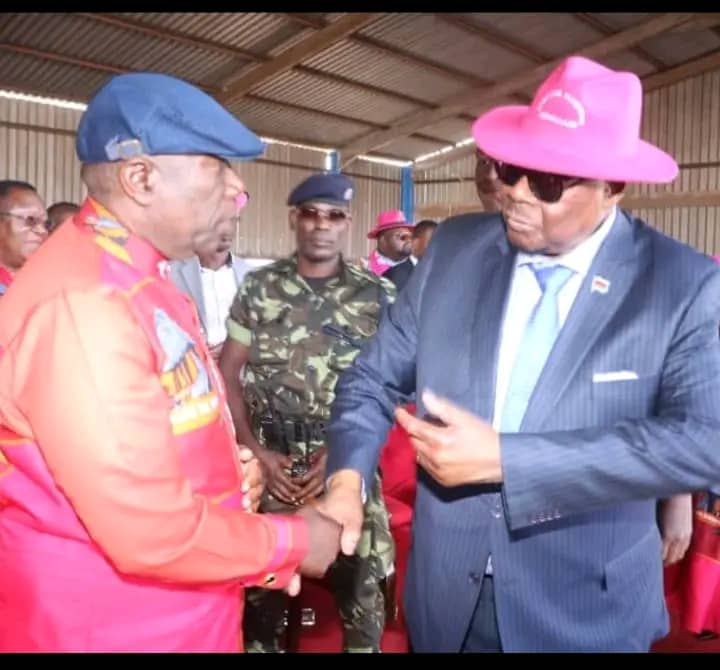By Burnett Munthali
The Malawi Broadcasting Corporation (MBC) has once again shown its true colours as a taxpayer-funded institution that serves the ruling elite rather than the Malawian people.
Director General George Kasakula’s brazen dismissal of calls for balanced coverage from respected media watchdogs is not only arrogant but deeply insulting to the principles of democracy.
When Kasakula says he “will not take orders” from the Media Institute of Southern Africa (MISA)–Malawi Chapter and the Media Council of Malawi (MCM), he conveniently forgets that MBC is not his personal property.
MBC is financed by Malawians from all political persuasions through their taxes, and it has a constitutional obligation to provide fair, impartial, and balanced reporting.
For decades, MBC has been the megaphone of those in power, drowning out opposition voices and turning national broadcasting into a state propaganda tool.
The fact that Kasakula openly resists implementing recommendations aimed at promoting fairness ahead of a general election exposes the deep-rooted culture of media capture in Malawi.
He claims that MBC is “run by law,” but the record shows that those laws are habitually ignored whenever they threaten the ruling party’s grip on narrative control.
Balanced coverage is not a favour MBC grants to the opposition—it is a right of every citizen to receive information without bias, distortion, or political spin.
Kasakula’s remarks also betray the contempt MBC has for independent oversight, preferring to hide behind selective interpretations of the law rather than embrace transparency.
In healthy democracies, public broadcasters are held to the highest standards of fairness because they belong to the people, not to politicians.
Malawi’s MBC, on the other hand, continues to operate as if elections are an opportunity to cement the power of the incumbent rather than a chance for voters to make informed choices.
This defiance is not just a professional failing—it is a direct threat to Malawi’s fragile democratic processes.
When the state broadcaster openly refuses to commit to balanced election coverage, it undermines the very foundation of free and fair elections.
The message to Malawians is clear: the voices you hear on your national broadcaster are the voices those in power want you to hear, nothing more.
Kasakula’s stance should alarm every citizen who values democracy, because a captured media means a captured democracy.
The watchdogs have sounded the alarm, but if MBC remains defiant, the September 16 General Election risks being conducted in an information environment tilted heavily in favour of the ruling party.
Concluding Analysis
Kasakula’s refusal to adopt key recommendations from Malawi’s media watchdogs is more than a petty dispute over editorial independence—it is a blatant rejection of the broadcaster’s public mandate.
MBC’s behaviour is part of a long and toxic tradition in Malawi where state broadcasters are weaponised against political opponents.
If Malawi is serious about democracy, then reforming MBC is non-negotiable.
Without a genuinely independent and balanced public broadcaster, elections will remain deeply compromised, and the power of the ballot will be distorted by the power of propaganda.
Malawians must demand more from their national broadcaster, because a democracy without fair media is nothing more than an illusion.




